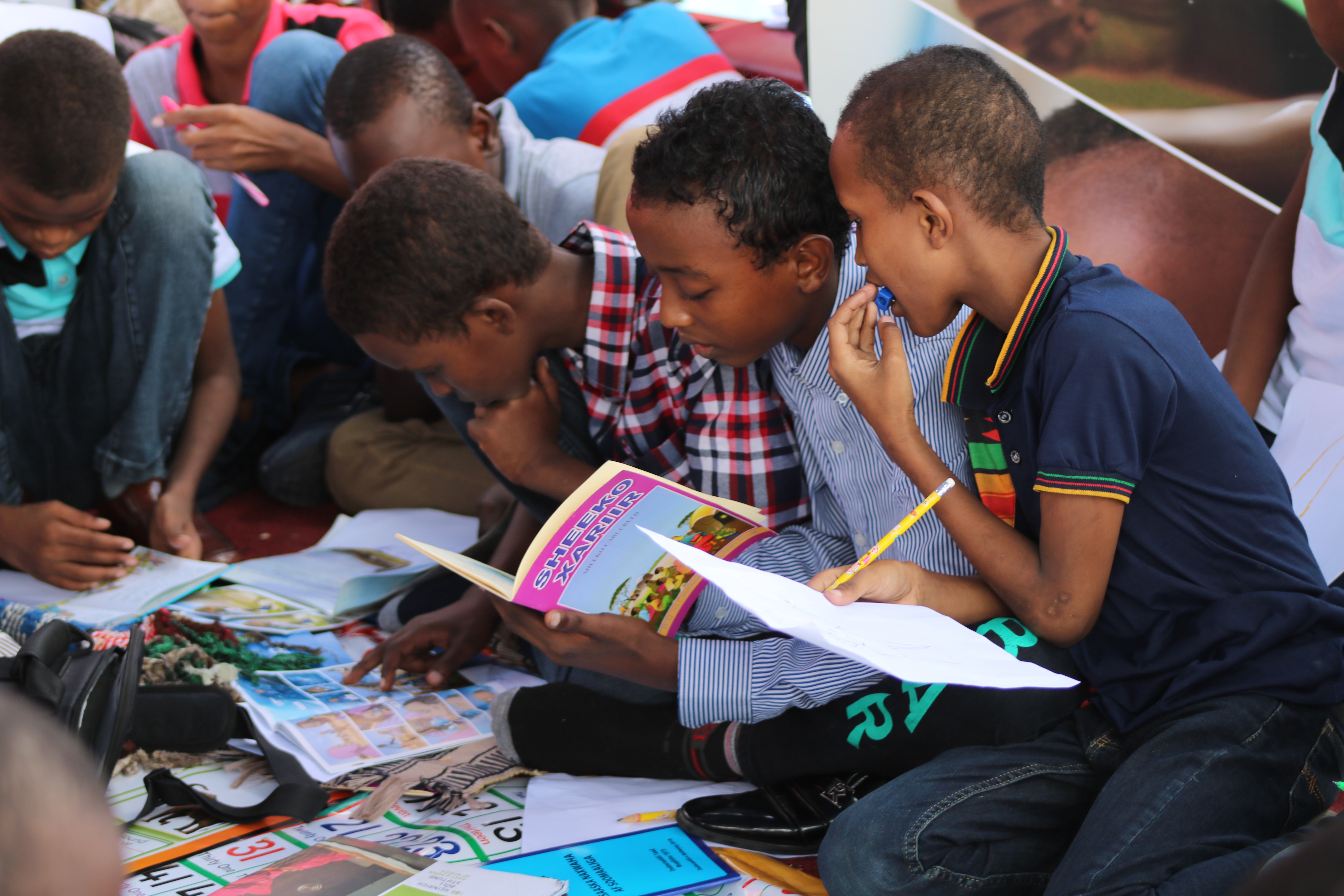
Children with disabilities, particularly in low- and middle-income countries, encounter obstacles when it comes to receiving quality education and accessing opportunities to thrive. Despite the United Nations' establishment of inclusive education objectives for all, progress has been slow, and the planning process frequently overlooks the distinct requirements of children with disabilities and their families.
Children with disabilities often experience unfair treatment and are denied an equal education compared to their peers, irrespective of gender, socioeconomic status, or geographical location. Inclusive education cannot be achieved without considering the specific needs of children with disabilities and addressing the current inadequate and inequitable funding patterns.
It is equally important to begin assisting children with disabilities at a young age, enabling them to integrate into their communities. Vital roles are played by organizations such as the WHO and UNICEF in advocating for health equity among individuals with disabilities through policy initiatives, resource mobilisation, and capacity-building in low- and middle-income countries. However, there are still barriers to overcome, including lack of awareness, societal stigma, and affordability. Collaboration with other organisations, communities, and families of children with disabilities is also imperative.
Approximately 53 million children under the age of 5 worldwide are estimated to have developmental disabilities, necessitating urgent attention to this issue. In our recent publication in Nature Medicine [1], we urge organisations like UNICEF and other international entities to prioritise the education and development of children with disabilities. This necessitates increased funding, effective governance, monitoring, and accountability mechanisms to ensure that children with disabilities have equal opportunities to access early childhood development and receive a quality education.
We also require a means of assessing our progress in inclusive early childhood development, employing clear objectives and measurable indicators. Effective and accountable leadership is essential for honoring commitments made to children with disabilities. We must prioritise, invest in, and empower children with disabilities to help them realise their aspirations and contribute to a more promising future for all. By taking these measures, we can unlock the full potential of children with disabilities and foster a world that is inclusive and equitable for all children.
Inclusion involves more than simply incorporating individuals with disabilities into existing programs; it necessitates transforming systems to embrace everyone. The UNICEF Disability Inclusion Policy and Strategy 2022 to 2030 represents a significant global health commitment that has been embraced by the Global Research on Developmental Disabilities Collaborators (GRDDC) [2]), a diverse group comprising professionals, caregivers, and parents with and without disabilities. We must ensure that early childhood development programs are inclusive for children with disabilities, allowing every child to attend school, learn, and contribute to a world where they can all thrive.
Tracey Smythe, Associate Professor & Paediatric Physiotherapist MPH PhD
International Centre for Evidence in Disability London School of Hygiene & Tropical Medicine
Physiotherapy Division, Faculty of Medicine and Health Sciences, Cape Town, South Africa
Photo by Ismail Salad Osman Hajji dirir on Unsplash

Please Sign in (or Register) to view further.